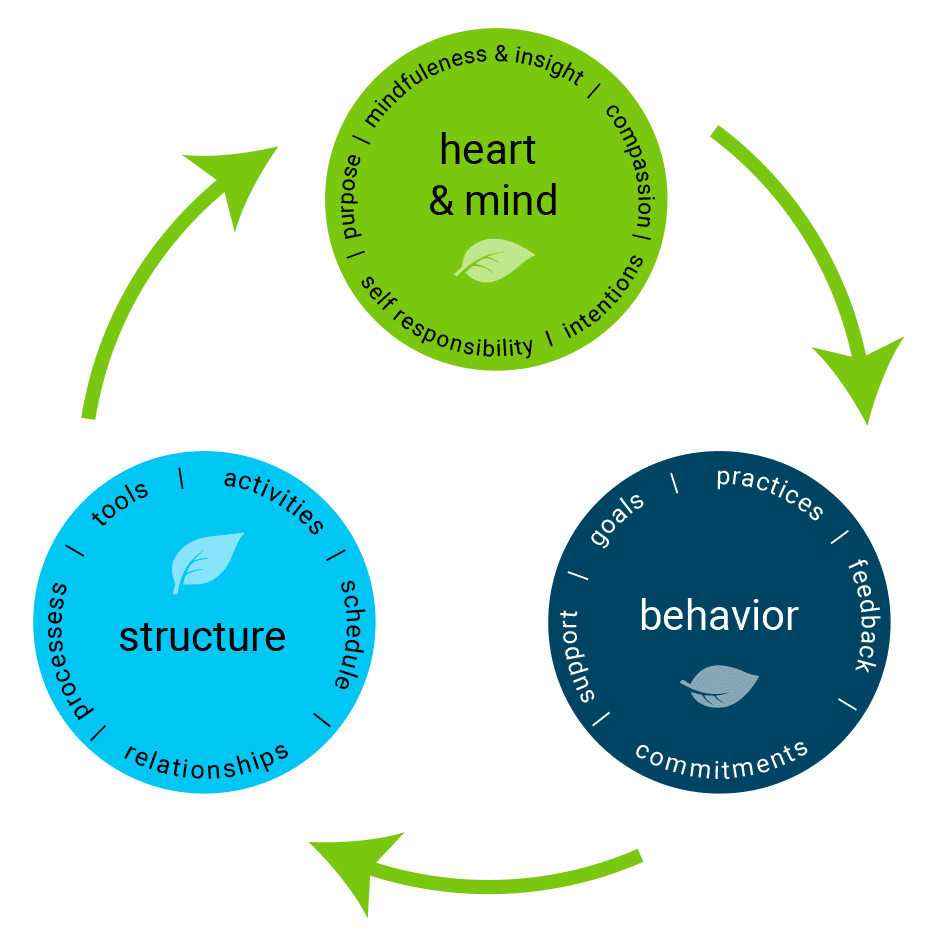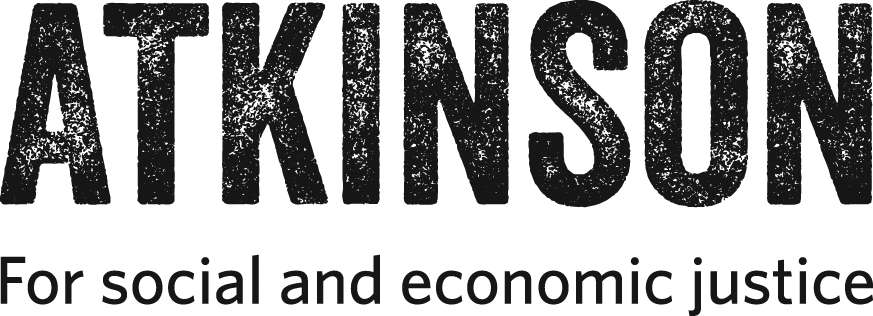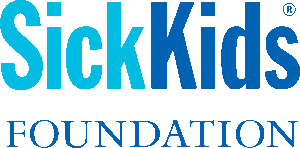Acknowledgement of learning
Dear friends, colleagues and co-conspirators,
We would like to acknowledge that the initial Pathways to Decent Work tool was created in 2018 by Ontario Nonprofit Network (ONN), adapted from the work of Toronto Neighbourhood Centres (TNC). For ONN, decent work as a framework, policy priority and practice has striven to enhance the working conditions of workers from all levels across the nonprofit sector. We intentionally honour the lineage of how we arrived at the third edition of what was formerly known as the Decent Work Charter and Checklist.
It is also critical that we acknowledge the countless Indigenous, Black and/or racialized workers across Ontario’s nonprofit sector that supported this review process, especially the Black, Indigenous and Racialized Affinity Group within TNC. Learnings that supported the adaptation of the previous charter and checklist required the commitment, and emotional labour of nonprofit workers impacted by racism, ongoing colonialism, and other intersecting oppressions. As you use the various pathways, we invite you to remain in deep gratitude for the time, energy, and commitment of those workers who influenced this process.
This revised document merges the previously separate TNC BIPOC(Black, Indigenous and People of Color) Checklist and the Decent Work Checklist. This revision was initiated after ONN conducted a series of focus groups and listening sessions from 2022 to 2023, to review and assess the two documents. The feedback received recommended that a centralized and different way of understanding these pathways might be helpful. Treat the pathways as living and dynamic, as they will shift when more voices and experiences join the table, and as our world changes.
Here are some reflection questions to consider while you’re exploring the decent work pathways. Consider taking a few minutes to see what comes up for you, and your organization as you explore these pathways.

Where are you feeling excited? Where are you feeling uncertainty and nervousness? What is this information telling you? Take some time to reflect on what is coming up for you.

How do you understand your role in advancing decent work?

Which pathways are you drawn towards? What are you learning about yourself throughout the exploration?

Where do you feel resourced to take on/strengthen your leadership in advancing decent work?

What additional support would you need to feel (more) resourced? How can you seek out these supports?
We know that transformation of our nonprofits requires a multi-pronged approach that not only addresses policies, principles, and processes, but one that also addresses the cultural, personal and interpersonal changes needed. The Wheel of Change invites us to think about the conditions that are needed for systems change to occur. As you engage with the content of the pathways, you will notice that resources do not only speak to the tools and structures, but also invites the examination of the role of heart, mind and everyday behaviors. It was important for those engaging with the pathways to understand that advancing decent work within the nonprofit sector is an intentional undertaking within nonprofits and that sustainability of change only comes from using a human centered approach.
Wheel of Change by Robert Gass
Key considerations when exploring the pathways
This tool is not a complete blueprint on how to change institutions, and the people who work within them. Instead, the pathways can be understood as an additional tool to support organizations on their journey to advancing decent work. The pathways are informed by the lived experiences of those working in our sector, and their communities, who are disproportionately impacted by systems of oppression and white supremacy.
We invite you to appreciate that these pathways are rarely linear, and things will most likely get messy. Do not let the upheaval, and potential challenges prevent you from doing this work. It is through the messiness, and eventual sensemaking that we arrive at more clarity.
We encourage you to share practices, tools and frameworks that have worked within your network, organization or community. There is no one size fits all approach to the pathways. To provide updated resources, feel free to contact yamikani@theonn.ca

Thank you
A note of deep gratitude to the following individuals who supported the review, and development of the pathways to decent work. You spent hours sharing your thoughts, outreaching with engagement sessions, feedback, and editing skills. It is critical that the sector knows your names, and your contributions to this project. Thank you: Yamikani Msosa, Alexandra Bain, Sree Nallamothu, Kimalee Phillip, Susan Somogyi Wells, Rob Howarth, Noah Innis Parchment, Samantha Peters, Danielle Smith, Hayley Moody, Maryam Pandi, Miranda Bouchard, Maureen Mwaura, Shauna Kechego-Nichols, Tanya Locke, and Kavita Dogra. And to Tim Grafton for your design, and web development support of the pathways.
Project partners and supporters
- The Partnership Table: Ontario Federation of Indigenous Friendship Circles, Toronto Neighborhood Centres and CEE Centre for Young Black Professionals.
- The Advisory Council: Black Femme Legal, Family Service Ontario, Thinking Rock Community Arts, LGBT Youth Line, The Enchante Network, Shauna Kechego-Nichols and Ontario Soccer.
- Taylor Newberry Consulting (TNC) will walk with ONN through a developmental evaluation, providing circular feedback as co-creation from the Advisory Council and Partnership Table leads to concrete outcomes.
Decent Work project funder



